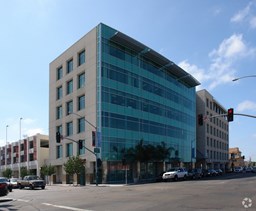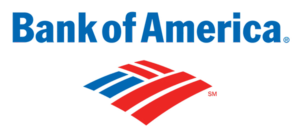Emotional & Behavioral Wellbeing
In this section, you will find a wide variety of services dedicated to helping teens and young adults with their emotional and behavioral health, including general mental health services, substance abuse services, and eating disorder services in San Diego County.
Search and Filter
Use the tools below to find the emotional and behavioral well-being resources that fit your unique set of needs.
Rady Children’s Behavioral Health Urgent Care
The Behavioral Health Urgent Care serves children, teens and their families struggling with urgent emotional and/or behavioral concerns posing a risk to their safety or the safety of others or creating significant impairment in their daily lives.
This program has been made possible by a generous grant from Price Philanthropies.
We serve children and teens ages 5 to 17 in the Mid-City community and surrounding areas. We accept Medi-Cal and private insurance. We are also able to provide services to the uninsured and undocumented.

We see youth experiencing the following concerns:
- Suicidal thoughts
- Psychotic thinking
- Physical aggression or risk of harm to others
- Depression and/or anxiety
- Acute stress reaction
- Co-occurring problems with substance use/abuse
858-966-5484
Cornerstone
Cornerstone Mental Health Clinics are designed to meet the mental health needs of children ages 5-17 who are Medi-cal eligible or without insurance in San Diego County, by providing individual family group and psychiatric services at the client’s school home or clinic.
(619) 640-3266
Fred Finch- San Diego Wraparound Services
A program designed to help youth participants who may struggle with the transition from the highly structured institutional residential environment that comes with being a ward or youth dependent back into society and to their respective home environments. The Wrap team works to identify the strengths in both the youth and in the family to enhance and preserve a positive environment after the transition. The team identifies and utilizes existing strengths to establish stability within the family unit and social support system to merit a court decision to end the youth’s dependency or ward status.
619-281-3706
Home Start: Maternity Shelter Program
The Maternity Shelter Program provides safe, secure and supportive housing with intensive case management services for pregnant and parenting young women who are between 18 and 24 years old, and their dependent children. These women are homeless or are at risk of becoming homeless.
(619) 906-4401
8 West/ Urban Street Angels
8 West is a sustainable program with a foundation based on the simple premise of “hope”. When you restore hope, the human spirit becomes indomitable. We not only help homeless youth re-discover what it means to have hope, but the long-term impact of our “homeless to hopeful” model also results in positive, deeply recursive effects throughout the community.
(619) 415-6616
Narcotics Anonymous- Youthful
Meetings every Tuesday 6:30pm-7:30pm.
(619) 584-1007
Narcotics Anonymous- Wasted Youth
Meetings every Wednesday 8:00pm-9:00pm.
(619) 584-1007
Narcotics Anonymous- So Fresh So Clean
Meetings every Friday 7:00pm-8:00pm.
(619) 584-1007
Narcotics Anonymous- Good Stuff
Meetings every Sunday 7:30pm-8:30pm.
(619) 584-1007
Narcotics Anonymous- Serenity Sundays
Meetings every Sunday 9:00pm-10:00pm
(619) 584-1007
Search and Filter
Use the tools below to find the emotional and behavioral well-being resources that fit your unique set of needs.
The resources and services in this directory are provided by external partners and not by San Diego Center for Children.
Agency Inclusion
If you would like to have your agency listed in our Successful Transitions© Resource Center or to update your agency’s information, please send
us an email.
Disclaimer
We do not endorse any specific organization listed nor are we responsible for ensuring the quality of the services listed. Users should always select services at their own discretion. Additionally, this information is subject to change as funding for programs can shift over time, though we do our very best to keep the resource center as up-to-date as possible.

